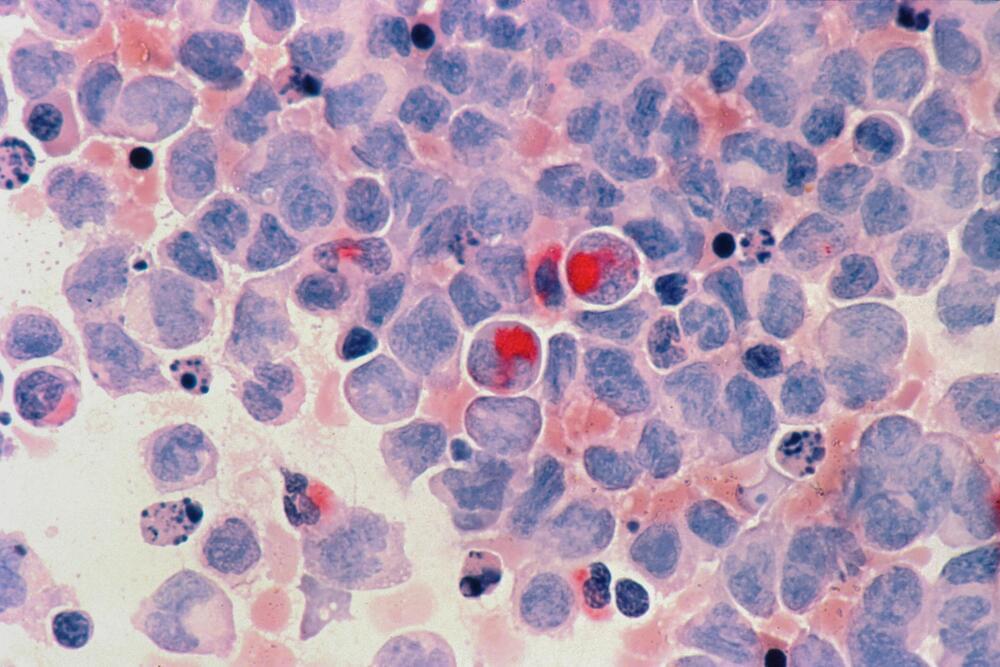In a breakthrough in cancer therapeutics, a team of researchers at the Magzoub Biophysics Lab at NYU Abu Dhabi (NYUAD) has made a significant advance in light-based therapies—biocompatible and biodegradable tumor-targeting nanospheres that combine tumor detection and monitoring with potent, light-triggered cancer therapy to dramatically increase the efficacy of existing light-based approaches.
Non-invasive, light-based therapies, photodynamic therapy (PDT) and photothermal therapy (PTT) have the potential to be safe and effective alternatives to conventional cancer treatments, which are beset by a number of issues, including a range of side-effects and post-treatment complications.
However, to date, the development of effective light-based technologies for cancer has been hindered by poor solubility, low stability, and lack of tumor specificity, among other challenges. Nanocarriers designed to deliver PDT and PTT more effectively have also proven to have significant limitations.










Comments are closed.